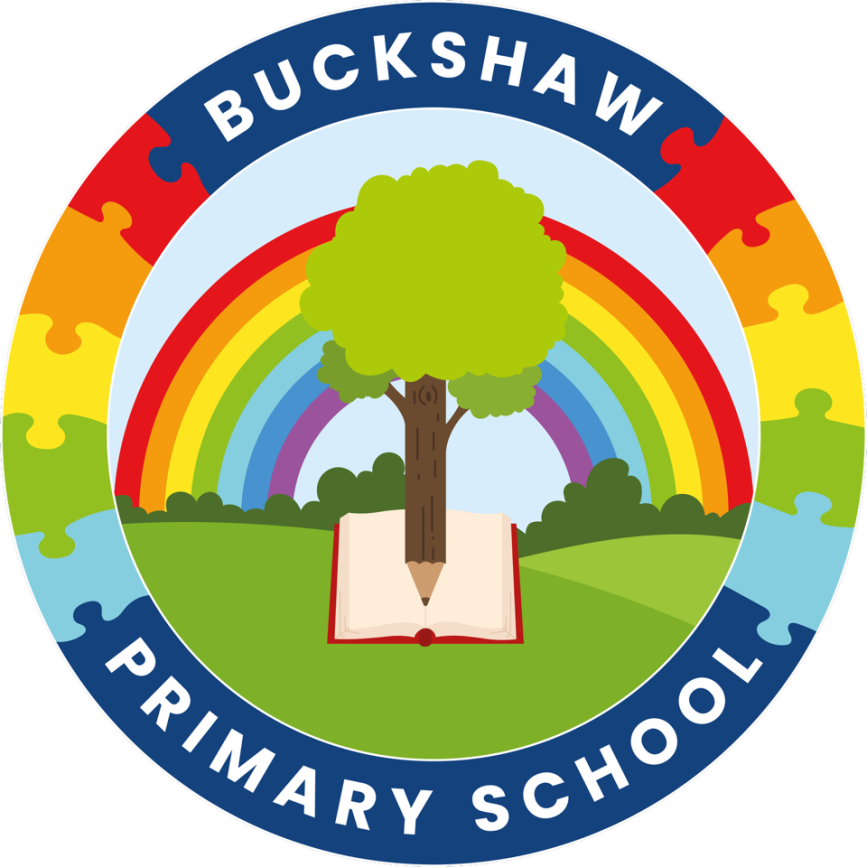Modern Foreign Languages (MFL)
Intent
Learning a foreign language is a liberation from insularity and provides an opening to other cultures. A high-quality language education should foster pupils’ curiosity and deepen their understanding of the world. Teaching should enable pupils to express their ideas and thoughts in another language and to understand and respond to its speakers, both in speech and in writing. It should also provide opportunities for them to communicate for practical purposes, learn new ways of thinking and read great literature in the original language. Language teaching should provide the foundation for learning further languages, equipping pupils to study and work in other countries.
The national curriculum for languages aims to ensure that all pupils:
- Understand and respond to spoken and written language from a variety of authentic sources
- Speak with increasing confidence, fluency and spontaneity, finding ways of communicating what they want to say, including through discussion and asking questions, and continually improving the accuracy of their pronunciation and intonation
- They can write at varying length, for different purposes and audiences, using the variety of grammatical structures that they have learnt
- Discover and develop an appreciation of a range of writing in the language studied.
At Buckshaw Primary School, we provide our pupils with the skills enabling them to participate in a rapidly changing world in which work and other activities are often carried out in languages other than English. Skills that they will be able to access in the future will help them to learn new languages or to improve their competence in an existing language. Increased capability in the use of a foreign language promotes initiative, confidence and independent learning and encourages diversity within society. We will prepare children for the KS3 language curriculum to enable them to transfer confidently and successfully. We provide inspiring opportunities and experiences within and outside school, including Spanish days and Spanish inspirational speakers.
Implementation
In our school we teach Spanish to all our KS2 children as part of our normal school curriculum. To enable progression across school, we introduce basic vocabulary to EYFS and Key Stage 1 by encouraging children to use greetings, answer questions and sing Spanish songs. The school uses the "Language Angels" scheme of work to support the teaching and learning of Spanish. This provides a clear progression for the development of speaking and listening and vocabulary acquisition. There are resources to support the teaching and learning opportunities for pupils.
They use a variety of the following techniques to encourage children to have an active engagement with Spanish:
- Games – in order to develop vocabulary through repetition, reading, writing, speaking and listening skills.
- Role-play – these should relate to the situations the children may find themselves in the future.
- Action songs and rhymes – to develop phonetic skills, memory skills and to further vocabulary.
- Reading and writing quality materials.
During Spanish lessons, children are given the opportunity to work as a class, as individuals and as part of a group. The choice of class organisation is determined by the learning task. By its nature, language learning will involve lots of interaction with visual, auditory and kinaesthetic prompts.
We base the teaching on the 2014 National Curriculum through the Language Angels. We have adapted this to the context of our school. This provides teachers with clear progression grids and content for teaching and learning.
Impact
By the time Buckshaw Primary School’s children leave school, they will have been taught to know and understand how to:
- In Spanish, ask and answer questions;
- Use correct Spanish pronunciation and intonation;
- Memorise Spanish words;
- Interpret meaning in Spanish;
- Understand basic Spanish grammar; Use dictionaries;
- Work in pairs and groups, and communicate in Spanish;
- Look at life in Spanish culture:
- Equipped and ready for the Key Stage 3 Spanish Curriculum.
